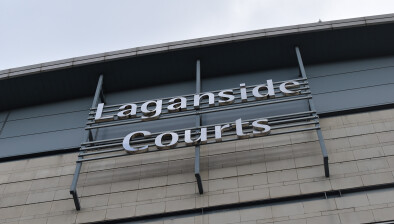Legal action could follow decision not to prosecute Bloody Sunday soldiers for perjury

Ciarán Shiels
Further legal action could be brought by victims and survivors of the 1972 Bloody Sunday massacre following a decision not to prosecute any former British soldiers for perjury in relation to evidence they gave to successive inquiries, a lawyer has warned.
Only one former British soldier, known as ‘Soldier F’, is currently being tried in connection with Bloody Sunday. He is being prosecuted for the murders of James Wray and William McKinney, and the attempted murders of Joseph Friel, Michael Quinn, Joe Mahon and Patrick O’Donnell.
At the time that prosecution decision was announced in 2019, the Public Prosecution Service (PPS) said the available evidence in respect of 16 other former soldiers was “insufficient to provide a reasonable prospect of conviction” but that it would consider charging some or all of them with perjury.
Last week, the PPS told Bloody Sunday victims and survivors’ families that it had ultimately decided not to bring prosecutions against any of those 16 former soldiers, who were named to the families but not to the public.
Responding to the decision, Ciarán Shiels of Madden & Finucane Solicitors, who represents a number of the families, said: “The Bloody Sunday families are very disappointed at this PPS decision, but they are certainly not fooled by it.
“Anyone who closely observed the evidence given at the Bloody Sunday Inquiry will know that members of 1 Para, and indeed senior military officers in command positions within the British Army in 1972, both individually and collectively, perverted the course of justice by concealing the criminal behaviour of their colleagues… thereby ensuring that they would evade prosecution for their crimes.”
He also criticised the PPS for failing to consider charges against any “officer in a position of command”. No file had been submitted to the PPS in relation to the “chief architect and puppeteer in relation to the British Army’s cover-up on Bloody Sunday”, he said.
Mr Shiels added: “It is of course regrettable that this decision has been communicated to us only today, some 14 years after the inquiry’s unequivocal findings, but less than two weeks before the effective enactment date of the morally bankrupt legacy legislation designed specifically to allow British Army veterans to escape justice for its criminal actions in the north of Ireland.
“We will carefully consider the reasons we have received today and do not rule out the prospect of further legal action.”









